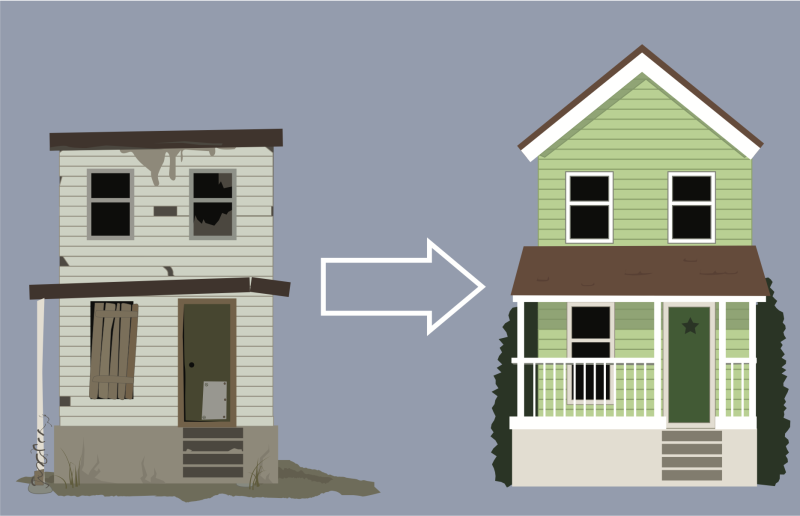
Federal Reserve Posts $114 Billion Loss In 2023

Interest rate hikes and balance sheet reduction shrink net income for the central bank.
The Federal Reserve experienced its largest operating loss ever in 2023 so the combined, annual, audited financial statements for the Federal Reserve Banks and LLCs, released last week, reveal.
Combined, the Reserve Banks' 2023 sum total of expenses exceeded their earnings by $114.3 billion. With a combined net income of $58.8 billion in 2022, those annualized losses represent a $173.1 billion year-over-year decline in operational profitability.
Operating expenses were $9.2 billion in 2023, including assessments of $2.9 billion for Board expenses, currency costs, and the operations of the Consumer Financial Protection Bureau.
The Reserve Banks generate income primarily by collecting interest income on purchased assets like Treasury securities and agency MBS, and by charging banks regulatory and supervisory fees. They incur costs via interest payments on reserve balances and securities sold under agreements to repurchase (reverse repo), and operational expenses.
Interest income on securities acquired through open market operations totaled $163.8 billion in 2023, a $6.2 billion decrease from 2022, while interest expenses on depository institutions' reserve balances was $176.8 billion in 2023, a $116.4 billion increase from 2022.
Total interest income earned on loans to depository institutions and other eligible borrowers, including from the Bank Term Funding Program and Paycheck Protection Program Liquidity Facility, was $10.4 billion.
As might have been expected considering the Fed’s net income is roughly equal to the product of the net interest rate spread and the size of the Fed’s balance sheet, the combination of aggressive rate hiking and a large balance sheet significantly impacted the central bank’s earnings last year.
The earnings release shows the Reserve Banks held total assets of roughly $7.8 trillion at the end of 2023, a combination of $7.5 trillion of U.S. Treasury securities and federal agency and government-sponsored enterprise mortgage-backed securities (MBS).
Tighter fiscal policy tends to be associated with Fed balance sheet contraction, dubbed quantitative tightening, which causes the absolute value of the Fed’s net income to drop. Such has been the case since early 2022 when the Fed held nearly $9 trillion in total assets. The Fed has allowed the Treasury and mortgage bonds it holds to mature without replacing them.
Raising interest rates also causes the Fed’s net interest rate spread to fall, shrinking net income for a constant size of the Fed’s balance sheet due to the maturity mismatch on the Fed’s balance sheet – it owns long-term securities and owes short-term liabilities.
Specifically, when interest rates rise, the Fed automatically begins making higher interest payments on bank reserves and reverse repos. Because the Fed’s assets (Treasury securities and MBS) are longer-term, typically paying a fixed interest rate, raising rates causes the Fed’s net interest rate spread to shrink.
Interest expense on securities sold under agreements to repurchase was $104.3 billion in 2023, an increase of $62.4 billion from 2022, the Reserve Banks reported.
The Federal Reserve Board contracted KPMG LLP, the global accounting consultancy, to audit the financial statements of the Reserve Banks and the LLCs, in addition to auditing internal controls over financial reporting for the 12 individual Reserve Banks and the Board.




